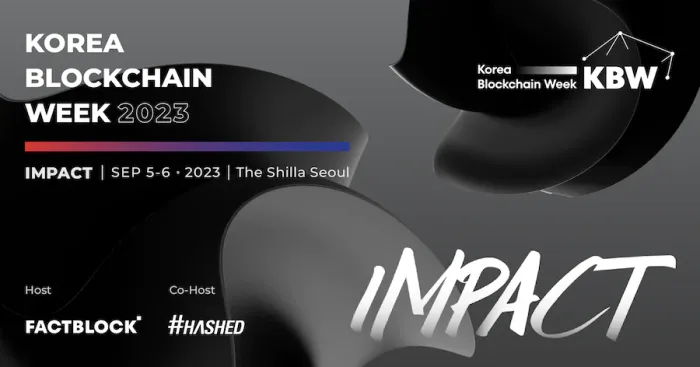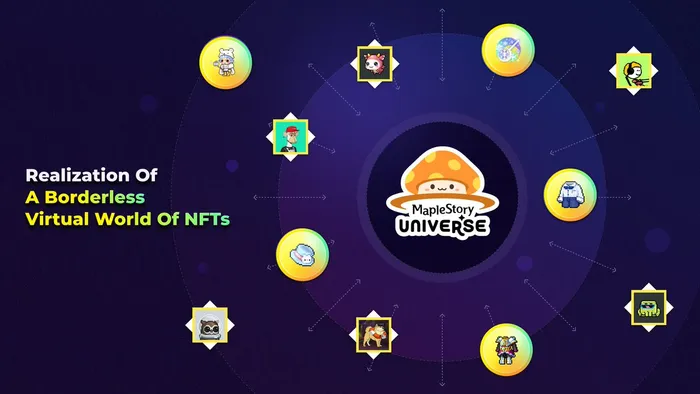I recently visited Seoul for Korea Blockchain Week & wanted to briefly share some high-level thoughts on why this will be such an important market for blockchain gaming.

First of all, gaming was the clear focus of this year’s event. The buzz around the current and soon-to-be-launching wave of blockchain games was tangible, and almost every panel discussion touched on the gaming landscape to some extent. Korea is widely known as the leading country when it comes to large gaming incumbents openly expressing their active exploration of blockchain applications. Based on the dozens of sitdown conversations I had, if you read between the lines, Korean gaming companies (alongside those based in Japan) view blockchain integrations as a way to gain a competitive advantage against the Chinese developers that are taking over the industry with titles like Genshin Impact, Honkai: Star Rail, Honor of Kings, and PUBG Mobile.
Herein lies my first pessimistic takeaway from the event. Most of the key developers who are leading the hype train for blockchain gaming are potentially too large and risk-averse to leverage this new technology in novel and meaningful ways. This is further supported when we take a look at the current selection of Asian-developed games with Web3 offerings available today, some of which I highlighted in the recent mobile gaming report. This somewhat lazy approach of adding NFTs or fungible tokens to an existing IP without updating any of the core game systems has not met the expectations of shareholders and has made many of these developers even more cautious.
It is important to note here that we are seeing a different approach from the small to medium-sized developers who are now trying to make a name for themselves in the space. These studios are significantly more nimble and are not afraid to take the necessary business risks required to produce unique and sustainable blockchain-powered features. This dynamic shares a lot of similarities with the early mobile gaming industry, which saw small mobile-first developers, such as King, Scopely, and Zynga win big by carving out their own lane. With there being such a strong Web3 gaming environment in Korea, it makes me wonder if this region could be what Finland was for mobile.

That said, all eyes are currently on Nexon and its use of blockchain-powered UGC systems for its hugely popular Maple Story IP. I can imagine that their success, or lack thereof, will have a significant impact on the market at large, but I maintain my opinion that the true innovation will come from the smaller players. You’ll have to wait for the full report to see my list of hopeful studios and games.